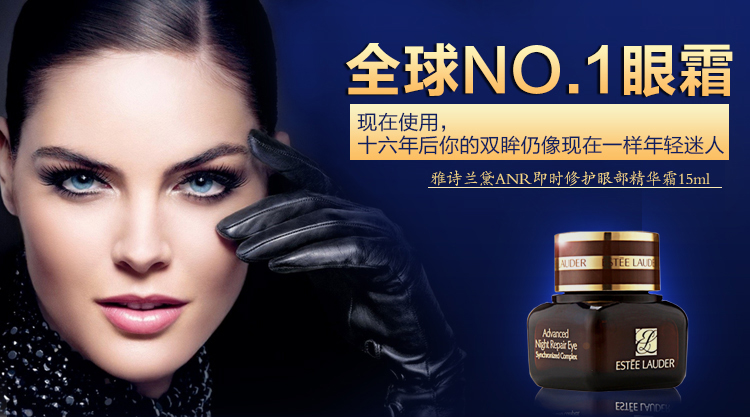Chinese consumers are fond of foreign cosmetics products
In China, almost 70% of consumers use e-commerce when purchasing beauty products, according to Bomola’s recently published « China Prestige Beauty Report».
The latter states than 80% of Chinese consumers have bought cosmetics products abroad but that 70% of them did so by using local e-commerce websites. They have become international consumers and they pay attention to the different kinds of products they could purchase elsewhere but also to prices differences. This is undoubtedly a sign of how promising the Chinese market is regarding luxury cosmetics and perfumes, which is why they want to be visible to Chinese consumers.
Even if media expenditures are important, other factors can also impact on a band’s visibility, such as: discussions about the brand on forums and e-commerce websites, presence on store listing or review websites.
Who are these buyers?
In China, the average luxury beauty consumer has 32 years old and his household earnings are about 72,500$. They are mostly married active women and live in big cities such as Beijing or Shanghai.
When they buy beauty products locally, 78% of them do so in shops, and 68% do so online. They take the opportunity of travelling abroad to buy these products for cheaper prices and they like going to bricks-and-mortar and duty-free shops, usually in Western countries in Europe or in the United States but also in Asian countries like South Korea, Japan or Hong Kong.
Customer service and quality products are what makes shops the favourite way of shopping for luxury beauty products for Chinese consumers.
When shopping online, these buyers like to make research on many websites. Most of them use the same platforms to make these purchases: among 2000 respondents, 50 platforms appear to be used by 80% of them, which is why it is important for beauty brands to be visible on these websites.
Jumei, a cosmetics e-tailer, and marketplaces like Taobao and TMall are the most popular ones.
However, it is important for brands to understand that parallel markets develop on these platforms, enabling non official sales. Although these platforms represent a risk, they also help increasing brand awareness.
Online presence is mandatory for beauty brands
Competition is fierce between beauty brands in China, with international players (Lancôme, Estée Lauder), famous luxury brands (Dior, Chanel) and niche market brands (La Mer, Kiehl’s).
To succeed, these brands need to integrate the local digital environment: use a website in Chinese and create official accounts on Chinese social media. They also need to rely on a network of followers and key opinion leaders in order to advertise their brand efficiently. Finally they need to make sure that their positioning and communication strategies are coherent with their global image.
Estée Lauder, Chanel, Lancôme, Dior and Shiseido are the five brands with the highest rates of brand awareness as well as the highest purchase intent rates.
Cast study: Estée Lauder
The brand Estée Lauder has entered the Chinese market relatively early, which partly explains its success in this country. Its experience of the Chinese market allowed the brand to build a thorough digital ecosystem for its clients who are looking for information and exchange with a brand, prior to purchasing its products.
Estée Lauder now uses a well-built loyalty program and relies on an active user community.
Finally, in order to provide beauty consumers with a complete online shopping experience, the brand also opened a TMall store to appeal to a larger audience of netizens than the ones using its own commerce website.
Related topics :




